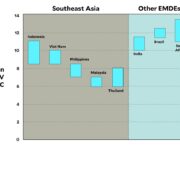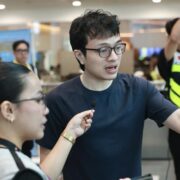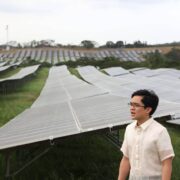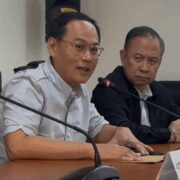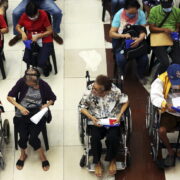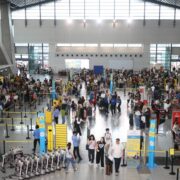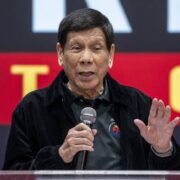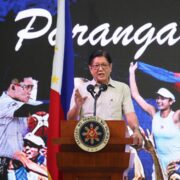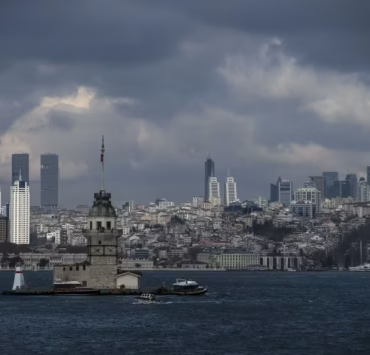The Fourth Wave: Filipinos’ last competitive edge in the age of AI
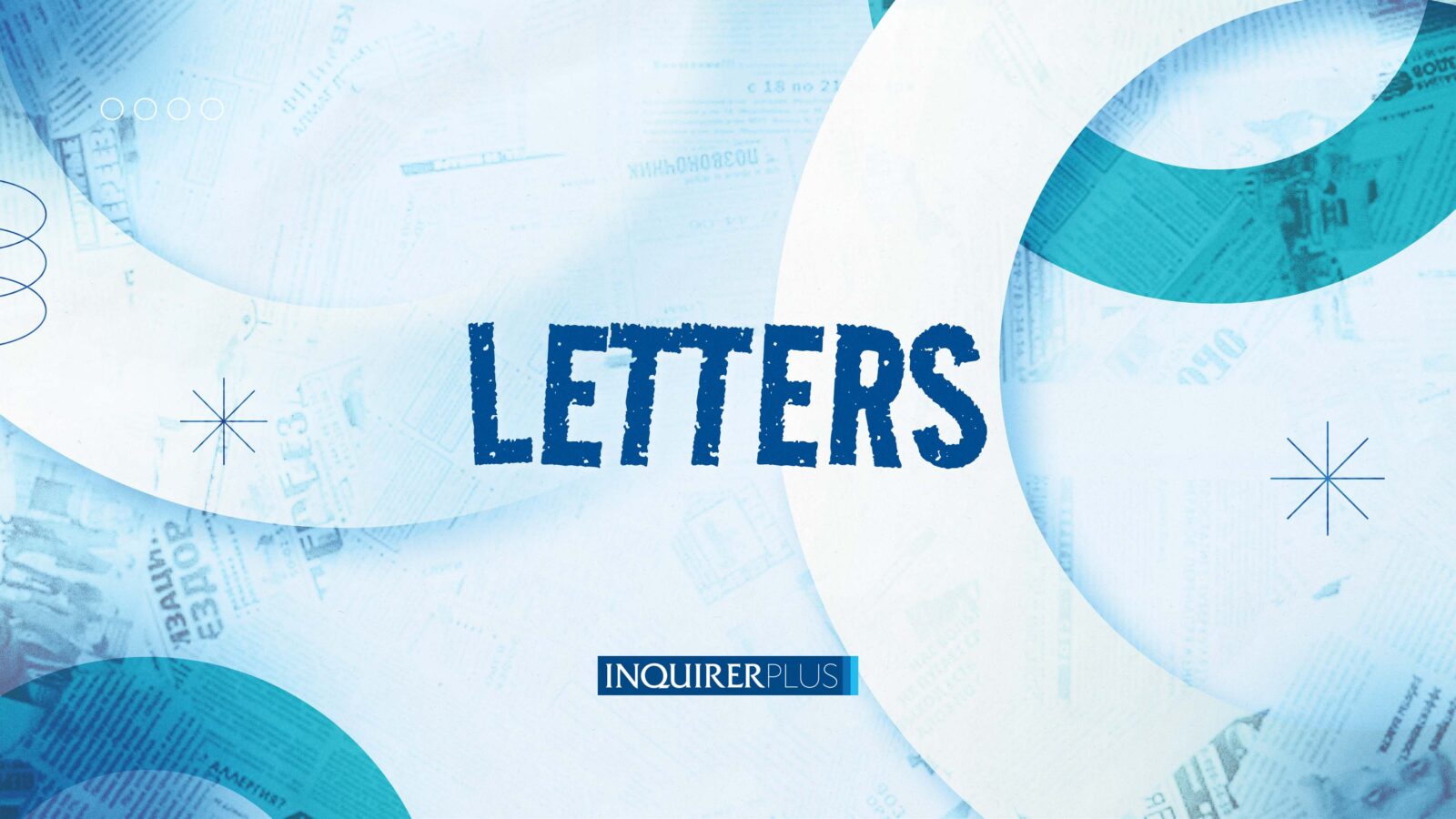
Just over a decade ago, I wrote an opinion piece for the Philippine Daily Inquirer titled “Embracing the ‘Third Wave’”(10/28/14). I reflected then on how Alvin Toffler’s prescient insights into the post-industrial, information-driven economy were becoming real. It was 2014; remote work was maturing. Filipino freelancers thrived on platforms like oDesk and Elance. The call center industry was booming, marking our transition into a service economy no longer bound by geography.
What I didn’t realize then was that, within a decade, we would face not a continuation but a rupture—a Fourth Wave driven by artificial intelligence that challenges the very foundations of work, knowledge, and human value.
For most of history, we assumed that thinking, judgment, and creativity were uniquely human. Machines could calculate, but only people could write poetry, advise CEOs, or teach children. That illusion is dissolving fast.
In months—not years—artificial intelligence (AI) has learned to write essays, code software, compose music, pass Bar exams, and simulate conversation. GPT-4 writes with coherence and nuance. Midjourney and DALL-E create stunning visuals in seconds. This isn’t science fiction. It’s the new infrastructure of work.
Unlike previous waves, this one doesn’t just automate tasks—it competes with thinking itself. In the Third Wave, your edge was what you knew. In the Fourth, your edge is what you can do that AI can’t—yet. So what remains distinctively human?
We must stop asking, “What can AI do?” and start asking, “What does it mean to be human in the age of AI?” The answer lies in judgment, moral discernment, empathy, ethics, presence, and purpose. These are no longer soft skills—they are survival skills.
In a world of infinite computation, speed is no longer an advantage. Wisdom is. In a sea of synthetic voices, authenticity becomes rare and powerful. In an algorithmic economy, our ability to care and connect is our last true differentiator.
Toffler once warned that the illiterate of the 21st century will not be those who cannot read and write, but those who cannot learn, unlearn, and relearn. That warning has never rung truer than now.
But the Fourth Wave introduces a deeper divide—not just between the connected and the unconnected, but between the augmented and the obsolete. Between those who learn to think with the machine and those displaced by it.
The prompt is now the new interface of power. Those who can guide machines with context, ethics, and foresight will thrive. Those who rely on fixed knowledge will struggle. This moment demands more than reskilling. It demands a reimagining of what it means to lead, teach, build, and govern.
Education must shift from teaching answers to cultivating discernment. Leadership must evolve from command-and-control to sense-and-respond. Workplaces must move from rigid hierarchies to adaptive, learning organizations.
This is not a future we can regulate or automate away. It is one we must design consciously and collectively. We must not remain on the sidelines. With our deep empathy, cultural fluency, and communication strengths, we are uniquely positioned to lead in this new era. We are already one of the world’s most globally distributed workforces. But we must move beyond servicing global markets to shaping them.
Our educators have long adapted to foreign classrooms. Now, the task is to help define how education evolves alongside AI. Our consultants must not only implement systems, but defend the human in the loop. And our thinkers, shaped by histories of migration and improvisation, must help frame the ethical foundations of a machine-mediated world. We have long served.
This moment calls us to lead, not with bravado, but with quiet conviction. A decade ago, I saw promise in the Third Wave. I am still hopeful. But today, that hope comes with urgency. The Fourth Wave is not merely about opportunity. It is about survival—of meaning, of dignity, of humanity itself.
The world does not need more humans who behave like machines. It needs more humans who remember what it means to be human: to think, to feel, and to choose.
As this Fourth Wave gathers force and all that is solid melts into air, the challenge is not merely to keep pace, but to remain intact—to ride the wave with eyes open and to hold fast to what makes us human.
Joseph Jadway D. Marasigan,
joseph@pedagogyinstitute.com

